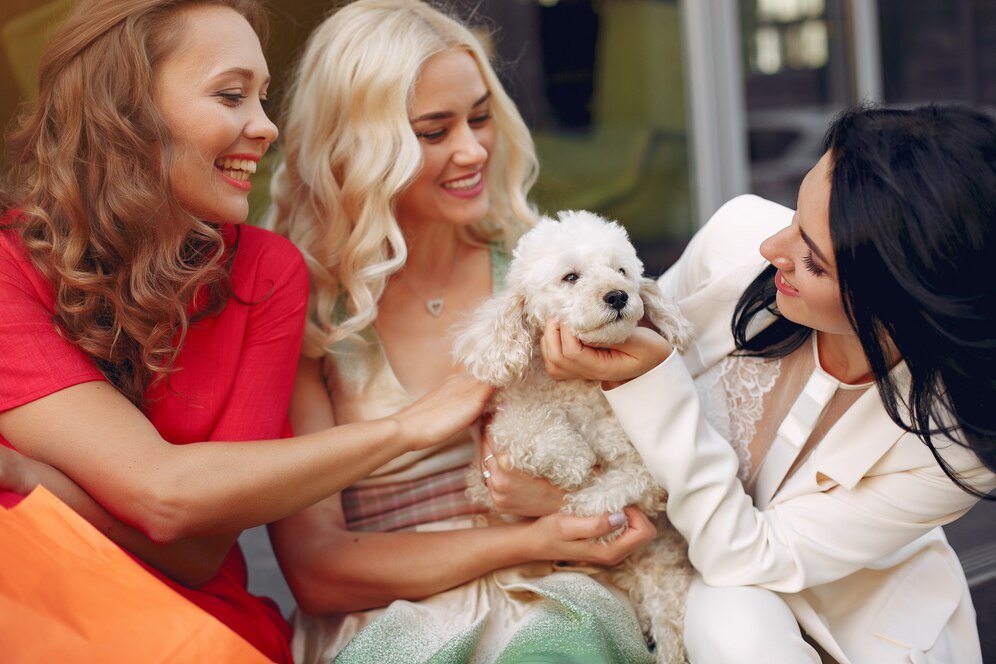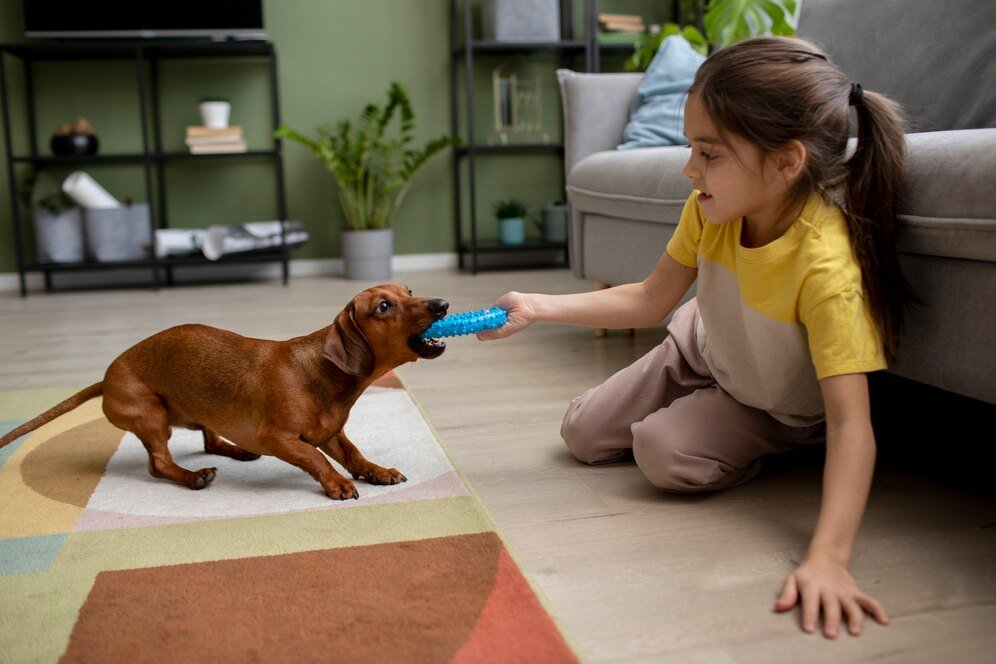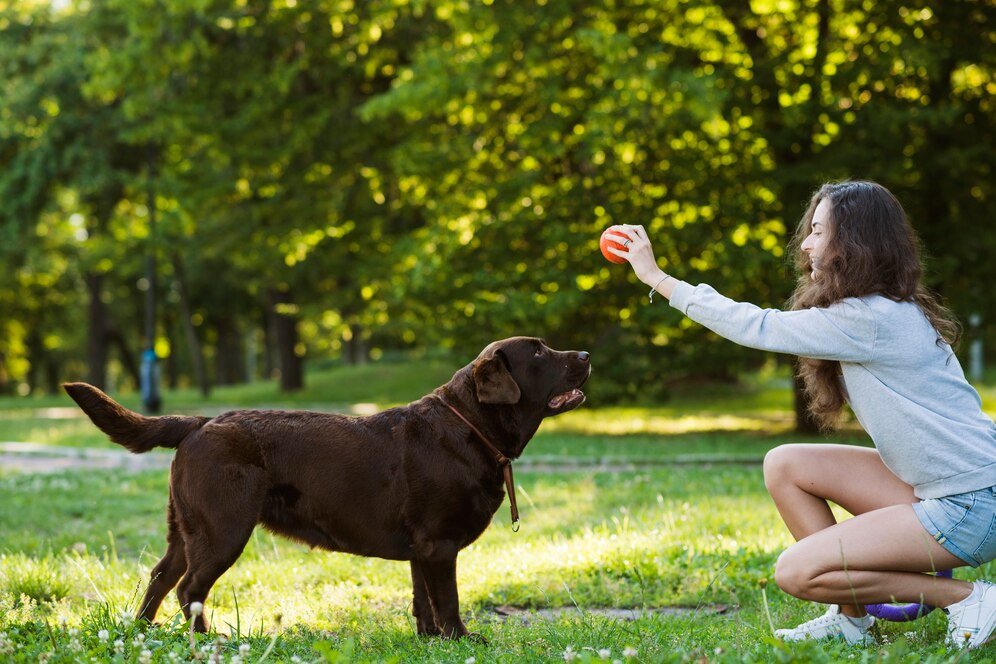Pet Socialization
Pet socialization is a crucial aspect of responsible pet ownership, ensuring that your furry friend grows into a well-adjusted and happy companion. Whether you have a dog, cat, bird, or any other pet, socialization plays a vital role in their behavioral development and overall well-being.
Understanding the Importance of Pet Socialization
Socialization is the process of introducing your pet to various experiences, environments, people, and animals in a positive and controlled manner. This exposure helps them learn how to interact appropriately with the world around them. The benefits of pet socialization are numerous:
- Reduced Anxiety: Socialized pets are less likely to exhibit anxiety-related behaviors such as excessive barking, destructive chewing, or aggression.
- Improved Behavior: Properly socialized pets are more obedient, confident, and well-behaved in various situations.
- Enhanced Safety: Socialization teaches pets to be comfortable and non-threatening, reducing the risk of aggressive behavior towards other animals or humans.
- Stronger Bonds: Socialization strengthens the bond between pet and owner by fostering trust and communication.
When to Start Socializing Your Pet
The critical socialization period for most pets is during their early developmental stages, typically between the ages of 3 weeks to 4 months. However, socialization should be an ongoing process throughout your pet’s life to maintain their social skills and adaptability.
How to Socialize Different Types of Pets
Socializing Dogs
Dogs thrive on social interaction and exposure to new environments. Start by gradually introducing them to different people, animals, sounds, and environments. Enroll in puppy classes or doggy daycare where they can interact with other dogs under supervision.
Socializing Cats
While cats are known for their independent nature, early socialization can help prevent behavioral issues like aggression or fearfulness. Encourage positive interactions with people and other animals through play, treats, and gradual exposure.
Socializing Other Pets
Small mammals, birds, and reptiles can also benefit from socialization. Provide plenty of enrichment opportunities, such as toys, tunnels, and climbing structures. Handling and gentle exposure to different stimuli can help them feel more comfortable and confident in their surroundings.
Tips for Successful Pet Socialization
- Take it Slow: Gradually introduce new experiences in a calm and controlled manner, allowing your pet to adjust at their own pace.
- Use Positive Reinforcement: Reward your pet with treats, praise, and affection for calm and confident behavior during socialization sessions.
- Stay Calm: Pets can pick up on their owner’s emotions, so remain calm and confident to reassure them during new experiences.
- Be Consistent: Consistency is key to successful socialization. Practice regularly and expose your pet to a variety of stimuli.
- Seek Professional Help: If you’re struggling with pet socialization or encountering behavioral challenges, don’t hesitate to seek guidance from a professional trainer or behaviorist.
Common Challenges in Pet Socialization |
|---|
| Challenges | Description |
|---|---|
| Aggression | Pets may exhibit aggressive behavior towards other animals or humans if they feel threatened or insecure. |
| Fear | Fearfulness can hinder socialization progress, leading to avoidance or defensive behaviors in new situations. |
| Overstimulation | Too much stimulation can overwhelm your pet, causing stress or anxiety in unfamiliar environments. |
Common Challenges in Pet Socialization
Despite your best efforts, you may encounter challenges during the socialization process. Some common issues include:
Aggression
Pets may exhibit aggressive behavior towards other animals or humans if they feel threatened or insecure.
Fear
Fearfulness can hinder socialization progress, leading to avoidance or defensive behaviors in new situations.
Overstimulation
Too much stimulation can overwhelm your pet, causing stress or anxiety in unfamiliar environments.
Overcoming Challenges
Addressing challenges in pet socialization requires patience, consistency, and understanding. Identify the root cause of the behavior and gradually expose your pet to the triggering stimuli in a controlled manner. Seek professional assistance if needed to develop a tailored behavior modification plan.
Creating Positive Socialization Experiences
Focus on creating positive associations with new experiences by pairing them with rewards and praise. Use treats, toys, and verbal cues to reinforce desirable behaviors and build your pet’s confidence in various situations.
Monitoring Progress
Keep track of your pet’s socialization progress and celebrate milestones along the way. Pay attention to their body language and behavior to ensure they are comfortable and enjoying the socialization process.
Adapting Socialization Techniques
As your pet matures and develops, continue to adapt your socialization techniques to meet their changing needs. Stay patient and flexible, and be willing to modify your approach as necessary to support your pet’s well-being.
Conclusion
Pet socialization is a lifelong journey that requires patience, consistency, and dedication. By starting early and providing positive experiences, you can help your pet become a well-adjusted and confident companion. Remember to seek professional guidance if you encounter challenges along the way, and always prioritize your pet’s safety and well-being.
FAQs about Pet Socialization
Q: Can you socialize an older pet?
- A: While it may take more time and patience, older pets can still benefit from socialization with gradual exposure and positive reinforcement.
Q: What if my pet is afraid of certain stimuli?
- A: Slowly introduce them to the stimuli in a controlled environment, using treats and praise to create positive associations.
Q: How do I know if my pet is ready for socialization?
- A: Pay attention to their body language and behavior. If they are curious, confident, and comfortable in new situations, they are likely ready for socialization.
Q: Can I socialize my pet on my own, or do I need professional help?
- A: While some pet owners may successfully socialize their pets independently, professional guidance can be beneficial, especially for addressing behavioral challenges.
Q: Is pet socialization only important for dogs?
- A: No, socialization is essential for all pets to help them feel comfortable and confident in various environments and social settings.



